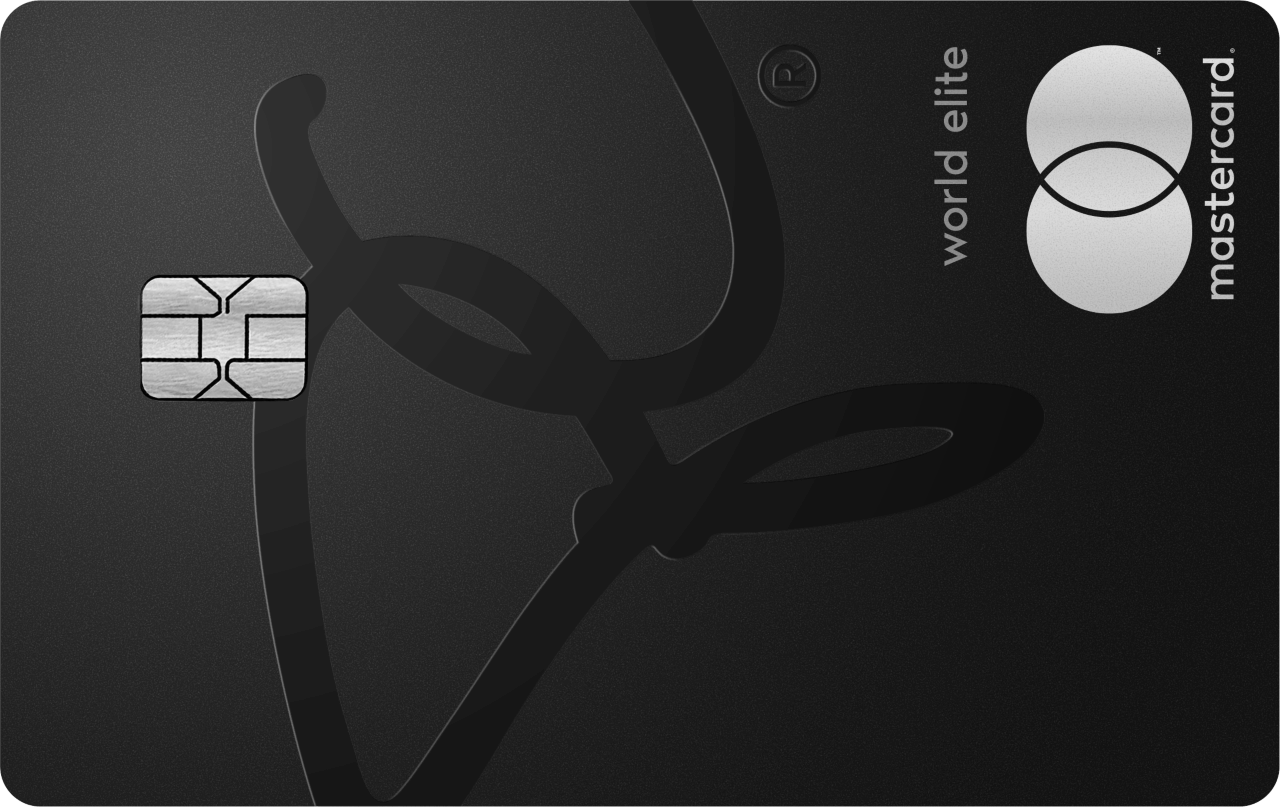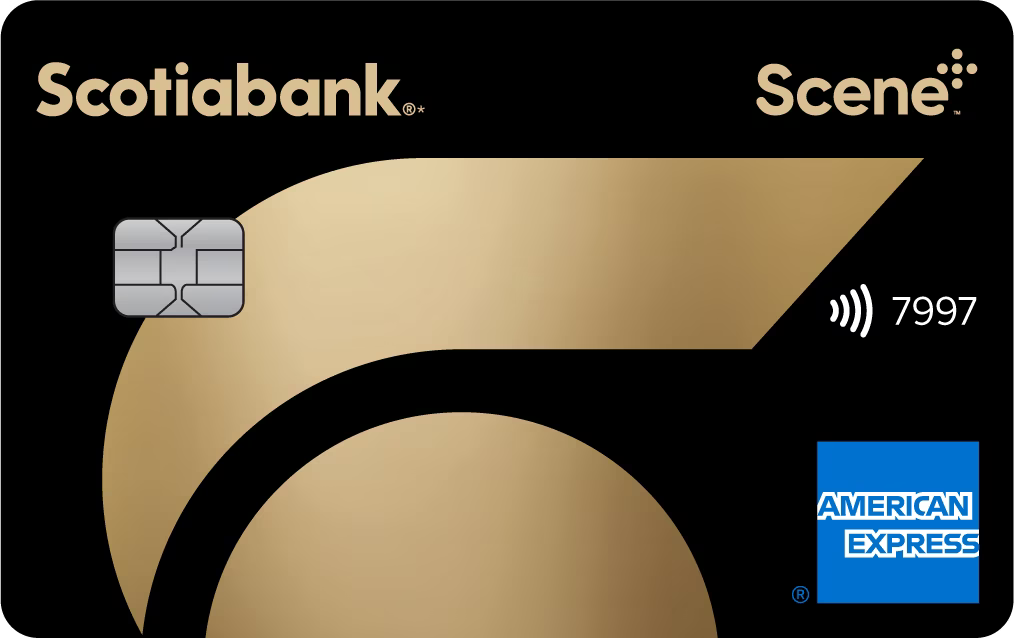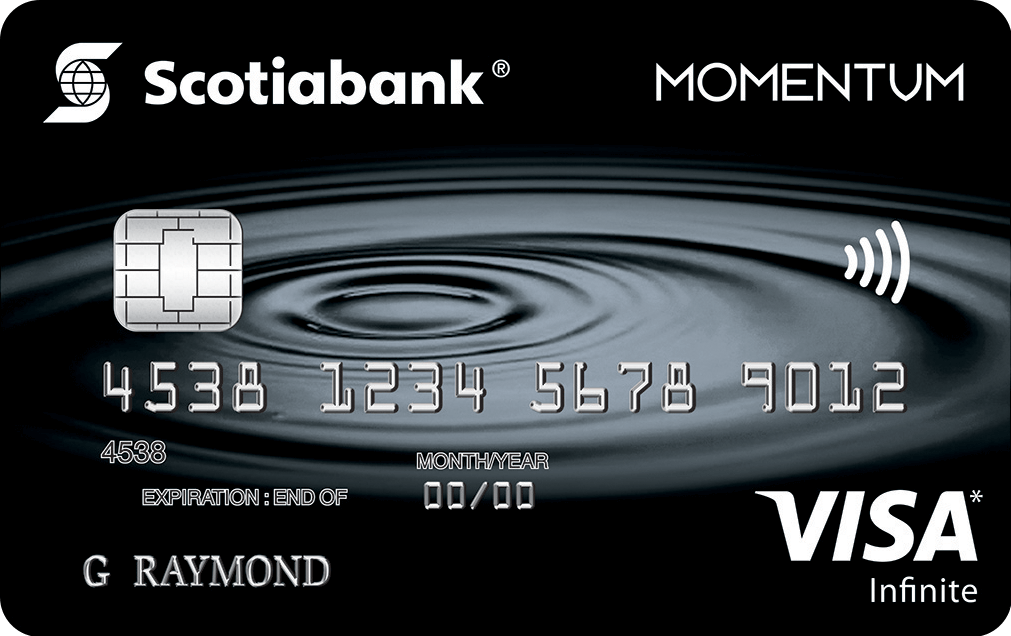
If you are not redirected within 30 seconds, please click here to continue.
Samedi: 10h – 16h HAE

If you are not redirected within 30 seconds, please click here to continue.
If you are not redirected within 30 seconds, please click here to continue.
Best Credit Card for Families in Canada for 2020

Your credit card can become a great tool in your wallet, and selecting the right one may benefit the entire family. Whether it’s earning groceries at your favourite store or protecting your teen’s mobile device, top credit cards can save you money where you least expect it.
We compared the leading credit cards offering rewards for grocery, gas, and cash back using our Best of Finance methodology and ranked the cards that provided the highest first-year value.
However, we felt that the President’s Choice Financial® World Elite Mastercard® was the best credit card for families. The card has no annual fee, free supplementary cards, and offers families the ability to combine their PC Optimum points into a household pool through the loyalty program. Families can earn and spend their rewards together.
These are the best credit cards for families for 2020.
| Our top pick | ||
|---|---|---|
| Credit card | Great features | Annual fee |
| 1. President’s Choice Financial® World Elite Mastercard® |
| $0 |
| Runners-up | ||
| Credit card | Great features | Annual fee |
| 2. Scotiabank®* Gold American Express® Card |
| $120 |
| 3. Scotia Momentum® Visa Infinite* Card |
| $120 (Waived year 1) |
1. President’s Choice Financial® World Elite Mastercard®

The President’s Choice Financial® World Elite Mastercard® is offering new cardholders 20,000 bonus PC Optimum points when they make their first purchase using the card. Not only will this card earn free groceries, but you can also earn rewards faster as a household. PC Optimum points are easy to redeem, and you only need a $10 value before you can cash in on free products and groceries. Plus, you can double-dip on points when you use your loyalty program card at the check-out.
According to our Best of Finance methodology, the average Canadian will see $476 in PC Optimum points within the first year.
Credit score requirement for approval:
Fair: You have had a credit card or loan for one or more years. For the last two years or more, you’ve paid back debts to creditors with no defaults. You haven’t missed more than two payments on your credit in the last three months.
Annual fee:
$0
Limited time offer/bonus:
- Earn 20,000 bonus PC Optimum points when you make your first purchase.
- Take advantage of the promotional interest rate of 0.97% on balance transfers for six months. Balance transfers must be made within 90 days of opening the account.
Offer expiry date: December 31, 2020
Rewards:
- Earn 30 PC Optimum points for every dollar spent at:
- President’s Choice grocery stores
- PC Mobile
- PC Travel
- Shoppers Drug Mart
- Earn at least 30 points per litre at Esso and Mobil gas stations.
- Get 10 points per dollar everywhere else you shop.
Earning potential:
How does this card stack up to other rewards credit cards? We crunched the numbers using our Best of Finance methodology to see how much an average Canadian could earn over a 12-month period.
Rewards earned over a 12-month period = 476,000 PC Optimum points
Monetary value= $476
Annual fee = $0
Total earned over the first year (rewards minus annual fee) = $476
You can redeem your points for:
Start to redeem your rewards as soon as you collect 10,000 PC Optimum points, which is a $10 value.
Redeem points at Loblaw banner stores, including Loblaws, No Frills, Real Canadian Superstore, Valu-Mart, Zehrs, Independent, Fortinos, and Wholesale Club, as well as Shoppers Drug Mart locations.
- Groceries
- Merchandise
Redeem points online through:
- Beautyboutique.ca
- JoeFresh.ca
- PC Express
Insurance:
- Travel emergency medical
- Car rental collision and loss damage waiver
- Extended warranty
- Purchase protection
- Identity theft assistance
Other perks:
- Enjoy 24/7 concierge services to reserve tickets for a fun night out or book dinner reservations for the family.
Compare the best credit cards on RATESDOTCA
Find the best credit card for your lifestyle today!
2. Scotiabank Gold American Express® Card

Apply for Scotiabank Gold American Express® Card and earn 25,000 bonus Scotia Rewards points when you spend at least $1,000 in the first three months. Cardholders can enjoy no foreign transaction fees on purchases made abroad or when shopping at foreign merchants online. This card features an extended suite of travel insurance, complimentary concierge services, and the Best Price Guarantee on airfare when booking through the Scotia Rewards Travel Service.
Not only does this card feature some great benefits from Scotiabank, but members also get to enjoy all that American Express Invites® has to offer. That means your family can book vacations, staycations and events with ease.
According to our Best of Finance methodology, the average Canadian will earn $874 in Scotia Rewards points within the first year.
Credit score requirement for approval:
Good: You’ve had a credit card or loan for at least six years. You’ve had good credit for the last seven years (no bankruptcies or defaults on credit as a result of failing to pay debts back to creditors). You haven’t opened a new credit card account, loan, or line of credit in the last nine months. You’ve made the minimum payments on any existing credit cards for the past three months.
Annual fee:
$120
Limited time offer/bonus:
- Earn 25,000 bonus Scotia Rewards points when you spend at least $1,000 within the first three months.
Offer expiry date: February 28, 2021
Rewards:
- Earn 5X the Scotia Rewards points per dollar you spend at grocery stores, fast food and drinking establishments, restaurants, food delivery and select food subscription services.
- Earn 5X the Scotia Rewards points per dollar you spend on eligible entertainment purchases, like movie tickets.
- Earn 3X the Scotia Rewards points per dollar when you ride or drive. So, you’ll earn points for gas, public transit, buses, subways, taxis, and rideshare services.
- Earn 3X the Scotia Rewards points per dollar you spend on eligible streaming services.
- Earn 1X the Scotia Rewards point for every dollar you spend elsewhere.
Earning potential:
How does this card stack up to other rewards credit cards? We crunched the numbers using our Best of Finance methodology to see how much an average Canadian could earn over a 12-month period.
Rewards earned over a 12-month period = 99,400 Scotia Rewards points
Monetary value= $994
Annual fee = $120
Total earned over the first year (rewards minus annual fee) = $874
You can redeem your points for:
- Travel
- Experiences
- Merchandise
- Gift cards
- A statement credit
- Converted to SCENE points
Insurance:
- Travel emergency medical insurance
- Trip cancellation/trip interruption insurance
- Flight delay insurance
- Delayed and lost baggage insurance
- Travel accident insurance
- Rental car collision loss/damage insurance
- Hotel/motel burglary insurance
- Purchase security
- Extended warranty
- Scotia Credit Card Protection (optional)
Other perks:
- Enjoy all that American Express has to offer, including exclusive access to events and deals, Front Of The Line® presale tickets, and offers.
- Take advantage of the Best Price Guarantee on airfare when you book trips through the Scotia Rewards Travel Service.
- Get help booking events and reservations with the 24/7 complimentary concierge services.
- Save money with no foreign transaction fees.
3. Scotia Momentum® Visa Infinite* Card

Apply for the Scotia Momentum® Visa Infinite* Card to earn 10% back on all eligible purchases for the first three months, up to $2,000 in total purchases. Plus, Scotiabank will waive the annual fee for the primary and secondary cardholders for the first year.
This card regularly offers 4% cash back on groceries, recurring bill payments and subscription services. Get 2% back on gas and daily transit and 1% back on all other purchases.
The Scotia Momentum® Visa Infinite* Card also features a wide range of travel insurance and the relatively rare benefit of mobile device insurance. This card has the entire family in mind, from watching Netflix to grocery shopping, right down to safeguarding your cellphone.
According to our Best of Finance methodology, the average Canadian will see $717 back in their pocket within the first year.
Credit score requirement for approval:
Excellent: You’ve had a credit card or loan for at least 10 years. You’ve had good credit for the last seven years (no bankruptcies or no defaults on credit as a result of failing to pay debts back to creditors). You haven’t opened a new credit card account, loan, or line of credit in the last nine months. You’ve made the minimum payments on your existing credit cards for the past six months.
Annual fee:
$120
Each supplementary card has a $50 annual fee.
Limited time offer/bonus:
- Earn 10% back on all eligible everyday purchases for the first three months, up to $2,000 in total purchases. Plus, Scotiabank will waive the annual fee for both the primary ($120) and secondary ($50) cardholders for the first year.
Offer expiry date: February 28, 2021
Rewards:
- Earn 4% back on groceries, recurring bill payments, and subscription services.
- Get 2% back on gas and daily transit purchases, including buses, taxis, and rideshare services.
- Earn 1% cash back on everything else you buy, with no limit to how much you can earn.
Earning potential:
How does this card stack up to other rewards credit cards? We crunched the numbers using our Best of Finance methodology to see how much an average Canadian could earn over a 12-month period.
Rewards earned over a 12-month period = $717
Annual fee = $0
Total earned over the first year (rewards minus annual fee) = $717
*The $120 annual fee is waived for the first year.
You can redeem your points for:
- Cash back can be deposited into a Scotiabank chequing or savings account in November of each year.
- Cash back can be added as a statement credit in November of each year.
Insurance:
- Mobile device insurance
- Trip cancellation/trip interruption insurance
- Travel emergency medical insurance
- Flight delay insurance
- Delayed and lost baggage insurance
- Travel accident insurance
- Rental car collision loss/damage insurance
- Purchase assurance
- Extended warranty
- Scotia Credit Card Protection (optional)
Other perks:
- Get helping booking reservations or grabbing tickets with the 24/7 complimentary concierge services.
- Access the Visa Infinite* Dining and Wine Country program.
- Save on rental cars at participating AVIS locations across the U.S. and Canada.
Rates, product information, and rewards estimates are subject to change at any time and do not constitute financial advice. Information in this article is accurate as of the date of this posting, November 5, 2020. This article was first published on August 19, 2020.
This post has been updated.
Related reads:
- Best of Finance Winners: The Best Credit Cards for 2020
- Best Rewards Credit Card in Canada for 2020
- Best No-Fee Credit Card in Canada for 2020
- Best Travel Credit Card in Canada for 2020
- Best Cash Back Credit Card in Canada for 2020
- Best Premium Perks Credit Card in Canada for 2020
- Best Credit Card for Paying Down Your Balance in Canada for 2020
- Best Credit Card for Rebuilding Credit in Canada for 2020
- Best Credit Card for Young Professionals in Canada for 2020
- Best Credit Card for Students in Canada for 2020
- Best Credit Card for Frequent Flyers in Canada for 2020
- Best Credit Card for Snowbirds or Cross-Border Shoppers in Canada for 2020
- Best Credit Card for Newcomers to Canada for 2020
Get money-saving tips in your inbox.
Stay on top of personal finance tips from our money experts!










